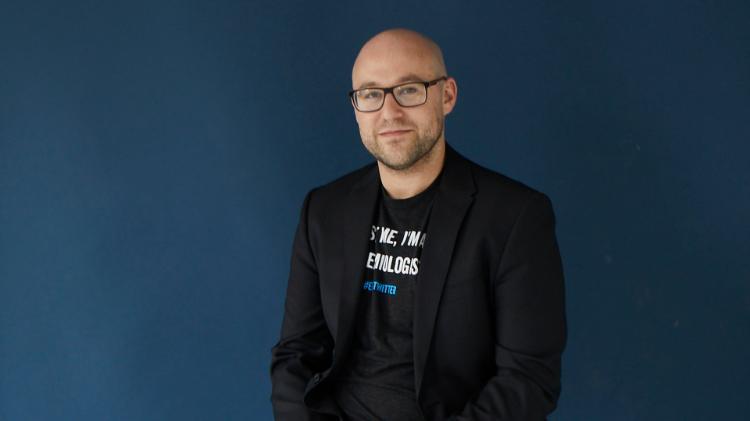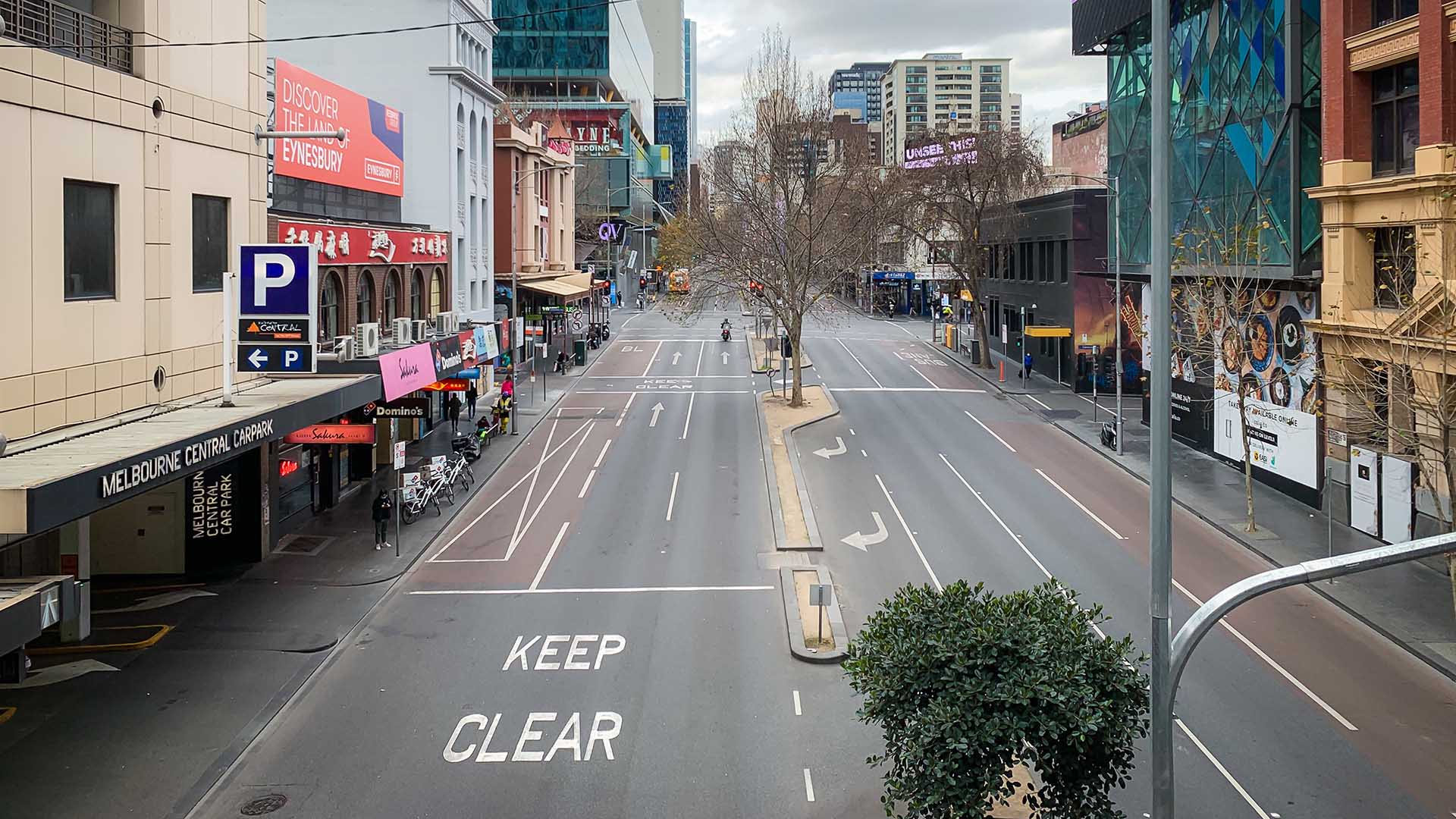July 22, 2021
COVID-19 lockdowns: The cure is not worse than the disease
Lockdowns not associated with large numbers of deaths in countries that avoided large COVID-19 epidemics
Although lockdowns are associated with harms to health, their impact on health is unlikely to be worse than the impact of the COVID-19 itself, an international review led by University of Wollongong (UOW) researcher Gideon Meyerowitz-Katz has concluded.
The review is published in the online journal BMJ Global Health.
The international team examined the impacts of lockdowns on mortality, routine health services, global health programs, and suicide and mental health to try to determine whether government interventions or the lethality and infectiousness of SARS-CoV-2 are to blame for negative health consequences.
“There has been an ongoing debate around whether the benefits of government lockdowns are outweighed by the negative impacts on the economy, social structure, education, and mental and physical health. In a nutshell, whether the cure is worse than the disease,” Mr Meyerowitz-Katz said.
“While it was challenging to determine the causes of harm, we concluded that it was unlikely that government interventions had been worse than the pandemic itself in most situations.”
Mr Meyerowitz-Katz, an epidemiologist and UOW PhD candidate, said excess mortality statistics suggest that lockdowns are not associated with large numbers of deaths in countries, such as Australia and New Zealand, that avoided large COVID-19 epidemics.
“There are no locations anywhere in the world where a lockdown without large numbers of COVID-19 cases was associated with large numbers of excess deaths. This shows quite convincingly that the interventions themselves cannot be worse than large COVID-19 outbreaks, at least in the short term,” he said.
Conversely, places with few COVID-19 restrictions, such as Brazil, Sweden, Russia, and at times certain parts of the United States, have had large numbers of excess deaths throughout the pandemic.
A common claim is that government interventions are responsible for reduced access to and use of healthcare services, which causes harms to health in the long term. While there has clearly been a reduction in attendance for vital non-COVID health services during lockdowns, it is difficult to disentangle whether the association relates to restrictions intended to prevent COVID-19 cases or to the epidemic itself.
The association may be related to lack of capacity of healthcare services during the pandemic, redeployment of healthcare staff and facilities to managing COVID-19 patients, or the public staying away from hospitals because they fear becoming infected by the virus. For example, data from England, and Australia, show emergency department activity was suppressed weeks before stay-at-home orders were implemented and remained suppressed well after they were lifted.
There is robust evidence that government interventions to control COVID-19 have not been associated with increased deaths from suicide, but there is abundant evidence that mental health has declined in the population since the onset of the pandemic.

Gideon Meyerowitz-Katz from the University of Wollonong's School of Health and Society.
“The question is whether these declines in mental health were caused by government interventions or driven by the pandemic itself,” Mr Meyerowitz-Katz said. “The relationship between mental health and lockdowns is commonly discussed, but the equally important link between large-scale COVID-19 outbreaks and depression and anxiety is often overlooked.”
Missing school clearly affects children’s mental health, but so does losing a loved one to COVID-19; it is estimated that 43,000 children have lost a parent to COVID-19 in the United States, and 2 million have lost at least one grandparent.
Stringent control measures aimed at reducing disease mortality and morbidity will be accompanied by negative consequences in many sectors of the economy. These harms are real, multifaceted and potentially long term, and are therefore an important factor for policy makers to consider when choosing which intervention packages to implement. But again, it is extremely difficult to separate the potential impacts of lockdowns from those of the pandemic itself.
The review does not conclude that lockdowns cannot cause any harm; there are harms associated with both large COVID-19 outbreaks and government interventions to prevent the disease.
“Governments are not faced with the choice between the harms of lockdown and the harms of COVID-19, but rather how best to minimise the impact of both,” Mr Meyerowitz-Katz said.
ABOUT THE RESEARCH
‘Is the cure really worse than the disease? The health impacts of lockdowns during COVID-19’ by Gideon Meyerowitz-Katz et al is published in BMJ Global Health (dx.doi.org/10.1136/bmjgh-2021-006653).
Mr Meyerowitz-Katz acknowledges funding from the NSW state government and Commonwealth of Australia.
